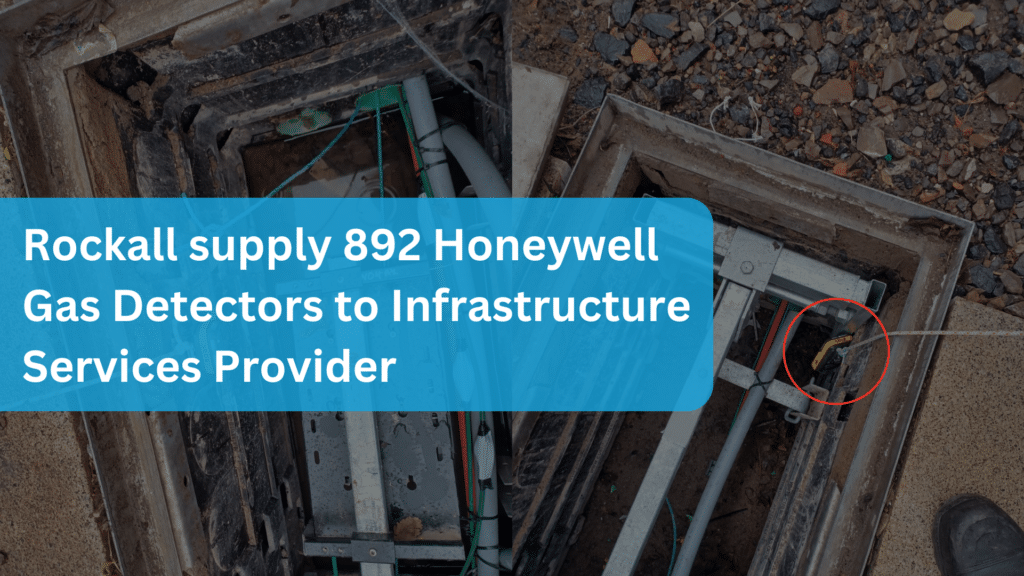ATEX – Atmospheres Explosible: A Brief Overview
Understanding ATEX
ATEX refers to two key European directives aimed at preventing explosions in hazardous environments. The first, Directive 99/92/EC (ATEX 137), focuses on improving worker safety in potentially explosive atmospheres. The second, Directive 2014/34/EU (ATEX 114), regulates equipment and protective systems intended for use in these environments1.
Defining Explosive Atmospheres
An explosive atmosphere, as defined by ATEX, is a mixture of flammable substances with air under atmospheric conditions. This mixture can take the form of gases, vapours, mists, or dusts, which, once ignited, allow combustion to spread throughout the entire unburned mixture
ATEX Zone Comparison Chart
| Zone | Atmosphere Type | Presence of Explosive Atmosphere | Equipment Category |
|---|---|---|---|
| 0 | Gas | Continuous or long-term | Category 1 |
| 1 | Gas | Likely in normal operation | Category 2 or 1 |
| 2 | Gas | Not likely, short duration | Category 3, 2, or 1 |
| 20 | Dust | Continuous or long-term | Category 1 |
| 21 | Dust | Likely in normal operation | Category 2 or 1 |
| 22 | Dust | Not likely, short duration | Category 3, 2, or 1 |
Compliance with ATEX requires selecting appropriate equipment and conducting risk assessments. Employers must prevent explosive atmospheres and maintain equipment according to standards like BS EN 60079-17.
In summary, ATEX standards are vital for ensuring safety in industries dealing with flammable substances. By following the ATEX – Atmospheres Explosible regulations, businesses can create safer workplaces and prioritize the protection of lives.





